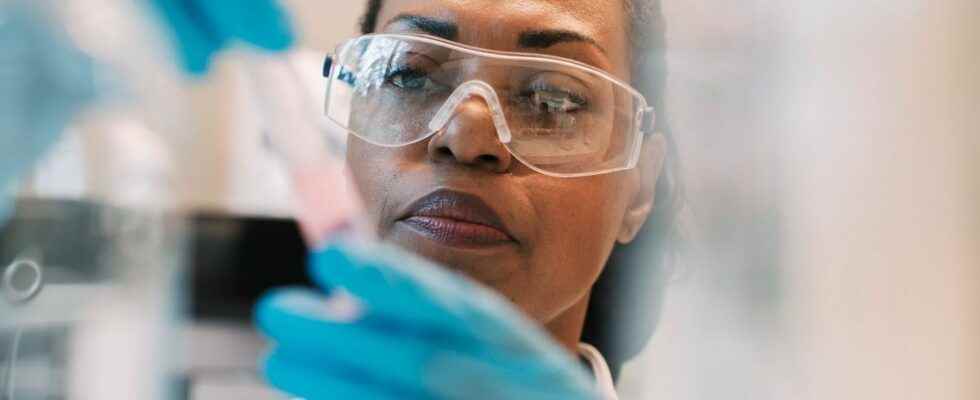Posted ,
Reading 3 mins.
A certain type of virus, bacteriophages, could save millions of lives, and many more. Direction Georgia to discover these hopeful viruses.
Long neglected in the West, bacteriophages, or bacteria-eating viruses, are now used in certain difficult medical cases. Georgia, a small country in the Caucasus, is at the forefront of research on bacterial resistance to antibiotics.
In 2016, a Belgian woman developed a life-threatening infection after being injured in the Brussels airport bombing. After two years of ineffective antibiotic treatment, bacteriophages sent from Georgia defeated his infection in three months.
“We use these phages that kill harmful bacteriato treat patients when antibiotics fail, explained Mzia Kutateladze, of the Georgian Bacteriophage Institute Eliava.
Even a trivial infection can “kill a patient because the pathogen has developed antibiotic resistance“, she added.
The discovery of phages
Phages, known for a century, had been largely forgotten in the 1930s, when antibiotics revolutionized medicine.
The man who contributed most to their development is the Georgian scientist George Eliava. He was executed in 1937 on the orders of another Georgian, Lavrenti Beria, Stalin’s henchman and chief of his secret police.
Eliava had worked at thePasteur Institute of Paris with the French-Canadian microbiologist Felix d’Herelle, one of the two men who today are credited with discovering phages. Eliana had then persuaded Stalin to invite her to Tbilisi in 1934.
But their collaboration was cut short when Beria had Eliava killed, for a reason that remained mysterious.
Phages: an effective and accessible solution
Antimicrobial resistance has been declared a “global health cause” by the World Health Organization. As a result, phages, which can target bacteria while leaving human cells intact, are making a comeback.
According to a recent study, superbugs could kill up to ten million people a year when antimicrobial resistance, due to the overuse of antibiotics, reaches its peak, which could occur within 30 years.
While phage-based drugs cannot fully replace antibiotics, researchers point to major advantages: cheap, no side effects, no damage to organs or intestinal flora.
“We produce six standard phages that have a broad spectrum (of use) and can cure multiple infectious diseases“, assured Lia Nadareishvili, doctor of the institute Eliava.
However, in 10 to 15% of patients, the standard phages do not work and “we must find phages capable of killing the bacterial strain concerned”, she specified.
Phages suitable for rare infections can “be selected from the institute’s huge collection, the richest in the world, or be found in sewage, polluted water or soil,” Ms Kutateladze explained.
The institute can even “train” the phages so that they “can kill more and more different harmful bacteria“.”It is a cheap and easily accessible therapy“, according to her.
Last chance treatment
A 34-year-old American mechanical engineer who has been suffering from a chronic bacterial disease for six years told AFP that he “already felt an improvement” after two weeks at the Tbilisi Institute.
“I have tried every possible treatment in the United Statessaid Andrew, who only wanted to give his first name, and is one of hundreds of patients from around the world who come to Georgia each year for last-ditch treatment.
A promise for the future
Beyond medicine, phages are already used to prevent food from spoiling and can be used in agriculture”to protect crops and animals from harmful bacteria“said Ms. Kutateladze. The institute Eliava has previously conducted research on bacteria targeting cotton and rice.
Bacteriophages are also able to fight against biological weapons or fight bioterrorism, Canadian researchers having published in 2017 a study on their use to counter an attack with anthrax in crowded public places.
